Chance Phelps was wearing his Saint Christopher medal when he was killed on Good Friday. Eight days later, I handed the medallion to his mother. I didn't know Chance before he died. Today, I miss him.
Over a year ago, I volunteered to escort the remains of Marines killed in Iraq should the need arise. The military provides a uniformed escort for all casualties to ensure they are delivered safely to the next of kin and are treated with dignity and respect along the way.
Thankfully, I hadn’t been called on to be an escort since Operation Iraqi Freedom began. The first few weeks of April, however, had been a tough month for the Marines. On the Monday after Easter I was reviewing Department of Defense press releases when I saw that a Private First Class Chance Phelps was killed in action outside of Baghdad. The press release listed his hometown—the same town I’m from. I notified our Battalion adjutant and told him that, should the duty to escort PFC Phelps fall to our Battalion, I would take him.
I didn’t hear back the rest of Monday and all day Tuesday until 1800. The Battalion duty NCO called my cell phone and said I needed to be ready to leave for Dover Air Force Base at 1900 in order to escort the remains of PFC Phelps.
Before leaving for Dover I called the major who had the task of informing Phelps’s parents of his death. The major said the funeral was going to be in Dubois, Wyoming. (It turned out that PFC Phelps only lived in my hometown for his senior year of high school.) I had never been to Wyoming and had never heard of Dubois.
With two other escorts from Quantico, I got to Dover AFB at 2330 on Tuesday night. First thing on Wednesday we reported to the mortuary at the base. In the escort lounge there were about half a dozen Army soldiers and about an equal number of Marines waiting to meet up with “their” remains for departure. PFC Phelps was not ready, however, and I was told to come back on Thursday. Now, at Dover with nothing to do and a solemn mission ahead, I began to get depressed.
I was wondering about Chance Phelps. I didn’t know anything about him; not even what he looked like. I wondered about his family and what it would be like to meet them. I did pushups in my room until I couldn’t do any more.
On Thursday morning I reported back to the mortuary. This time there was a new group of Army escorts and a couple of the Marines who had been there Wednesday. There was also an Air Force captain there to escort his brother home to San Diego.
We received a brief covering our duties, the proper handling of the remains, the procedures for draping a flag over a casket, and of course, the paperwork attendant to our task. We were shown pictures of the shipping container and told that each one contained, in addition to the casket, a flag. I was given an extra flag since Phelps’s parents were divorced. This way they would each get one. I didn’t like the idea of stuffing the flag into my luggage but I couldn’t see carrying a large flag, folded for presentation to the next of kin, through an airport while in my Alpha uniform. It barely fit into my suitcase.
It turned out that I was the last escort to leave on Thursday. This meant that I repeatedly got to participate in the small ceremonies that mark all departures from the Dover AFB mortuary.
Most of the remains are taken from Dover AFB by hearse to the airport in Philadelphia for air transport to their final destination. When the remains of a service member are loaded onto a hearse and ready to leave the Dover mortuary, there is an announcement made over the building’s intercom system. With the announcement, all service members working at the mortuary, regardless of service branch, stop work and form up along the driveway to render a slow ceremonial salute as the hearse departs. Escorts also participated in each formation until it was their time to leave.
On this day there were some civilian workers doing construction on the mortuary grounds. As each hearse passed, they would stop working and place their hard hats over their hearts. This was my first sign that my mission with PFC Phelps was larger than the Marine Corps and that his family and friends were not grieving alone.
Eventually I was the last escort remaining in the lounge. The Marine Master Gunnery Sergeant in charge of the Marine liaison there came to see me. He had Chance Phelps’s personal effects. He removed each item; a large watch, a wooden cross with a lanyard, two loose dog tags, two dog tags on a chain, and a Saint Christopher medal on a silver chain. Although we had been briefed that we might be carrying some personal effects of the deceased, this set me aback. Holding his personal effects, I was starting to get to know Chance Phelps.
Finally we were ready. I grabbed my bags and went outside. I was somewhat startled when I saw the shipping container, loaded three-quarters of the way in to the back of a black Chevy Suburban that had been modified to carry such cargo. This was the first time I saw my “cargo” and I was surprised at how large the shipping container was. The Master Gunnery Sergeant and I verified that the name on the container was Phelps’s then they pushed him the rest of the way in and we left. Now it was PFC Chance Phelps’s turn to receive the military—and construction workers’—honors. He was finally moving towards home.
As I chatted with the driver on the hour-long trip to Philadelphia, it became clear that he considered it an honor to be able to contribute in getting Chance home. He offered his sympathy to the family. I was glad to finally be moving yet apprehensive about what things would be like at the airport. I didn’t want this package to be treated like ordinary cargo, but I knew that the simple logistics of moving around a box this large would have to overrule my preferences.
Subscribe to:
Post Comments (Atom)
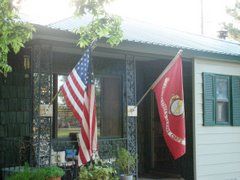
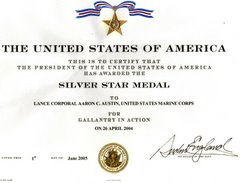
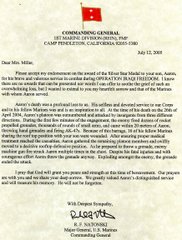
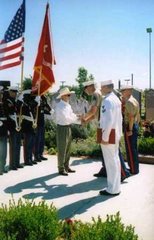


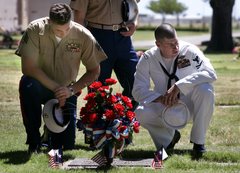

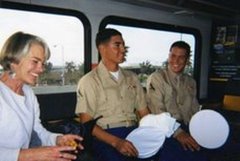

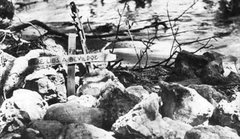


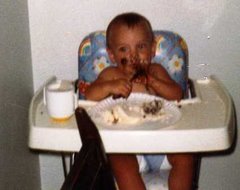

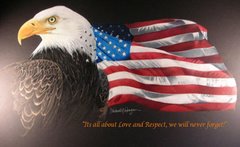
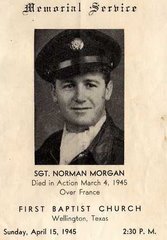
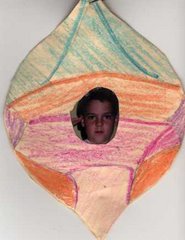

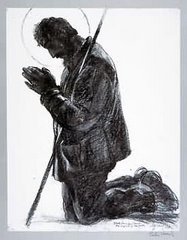
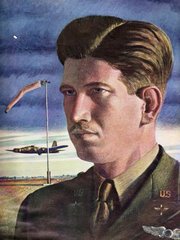
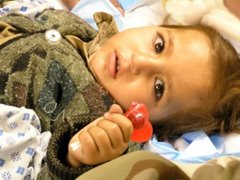
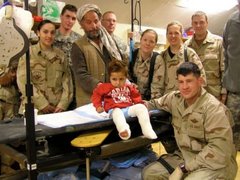
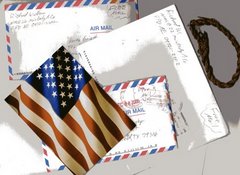

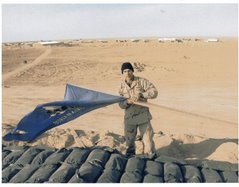


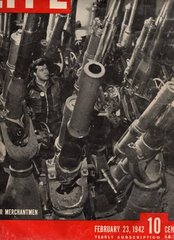
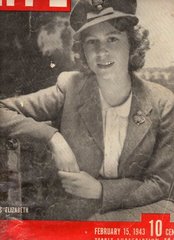

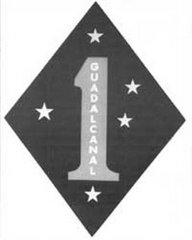
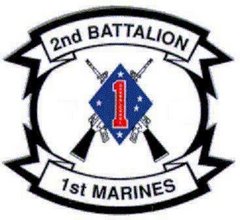


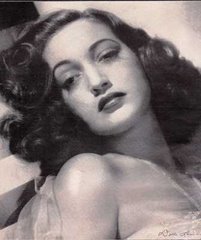

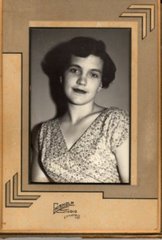

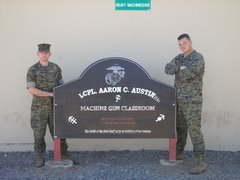

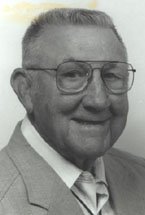

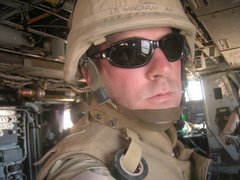
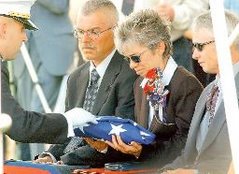


No comments:
Post a Comment